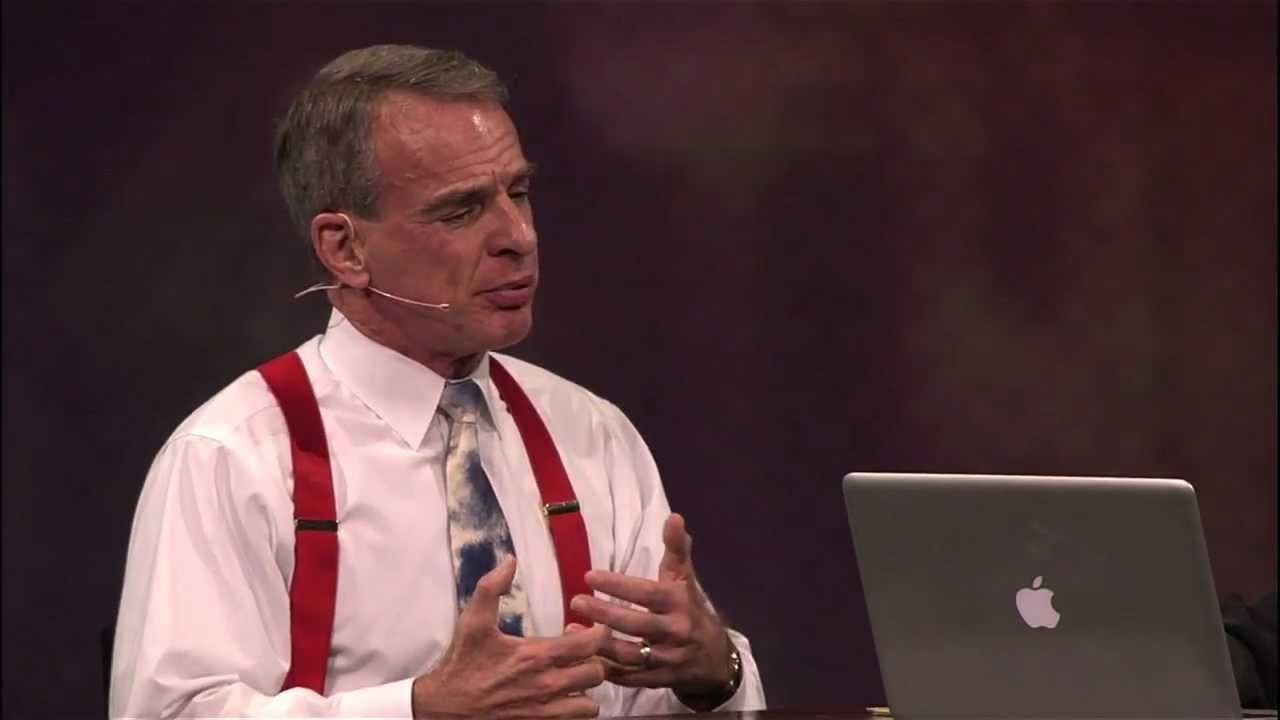You see what the atheist has to say, he’s got to be able to prove that it is impossible or improbable for God to have a morally sufficient reason for permitting these facts of suffering, and that’s a burden of proof which is so
Heavy that no atheist has ever been able to sustain it. [Moderator] Explain that, because the question I was going to ask you is let’s talk about this subject of faith, which is where I was going, so you jumped right where I was headed. When they say
That, okay, explain that idea that you just entered into. [Craig] Take someone’s little daughter dying of leukemia, or getting run over by an automobile. We don’t see why that happened, and we wonder why wouldn’t a sovereign God intervene to stop it? And what the atheist has to say is that it’s either
Impossible or it’s highly improbable that God could have a morally justifying reason for allowing that to occur, but there’s no way given our finitude, our limits in space and time, for being able to make that kind of a claim with any justification. God’s morally sufficient reason for allowing your daughter’s
Death might not emerge until 300 years from now, maybe in another country. Every event that occurs sends a ripple effect through history so that the consequences of any event are simply incalculable and incomprehensible for finite, local persons. So the atheist is making a claim here which is just completely unsustainable;
There’s no way for him to show that it’s improbable or impossible that God has a morally sufficient reason for allowing this evil to occur, and therefore his argument really has no intellectual credibility. It’s a purely emotional argument. [Moderator] And it’s a compelling one, isn’t it?
[Craig] Emotionally compelling, but not intellectually compelling. [Moderator] Correct, and so when somebody says in that moment, in immense pain, I don’t care what good he can bring out of this, [yes] I reject him. And we hear that a lot, [sure] C.S. Lewis drifted towards saying that in his Grief Observed, and
God, when God hears us say those kind of things, okay, his response is one of understanding. Scripture says he too has been tempted in every way, even as we were. [yes] And so God doesn’t shut us off when we
Say that. [Craig] No no, no I think that’s absolutely right. Look at the Psalms, how the psalmist expresses anger toward God, and God where are you, why are you allowing this, why am I going through this? I think the lesson of
The Psalms is come to God with your hurt and your pain and your anger and don’t try to stifle it and suppress it. Let it out and he’ll listen to you. [Moderator] He’ll listen, and if you’ll let him, if you’ll listen to him, as Christopher Hitchens
Acknowledged he gives the only consistent logically constructed plausible answer that frankly even Hitchens acknowledged; you know what? Christianity alone solves this problem. [Craig] Yeah, I remember Bertrand Russell, the great atheist philosopher, once said that no one can sit at the bedside of a dying
Child and believe in God, but when Jan and I were in Paris we met a young minister who was trained and now worked in counseling dying children. And I thought to myself: counseling dying children, what would Russell have said to those children? What could he say? Too bad?
Tough luck? That’s all the naturalist has got to say. As you say it’s theism, it’s belief in God, that provides a hope and a reason for the suffering that its redeemed, whereas in atheism we’re locked in a world that is filled with gratuitous and unredeemed suffering, and there is no hope of escape.
#Doesnt #God #Stop #Evil
